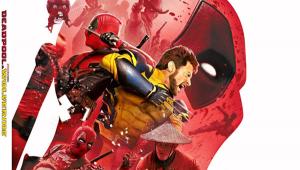All Hands On Deck Page 2

DVD Recorder A basic DVD recorder - that is, one without a hard drive - is the digital equivalent of a VCR.
Time-shifting It's just as easy to have a flashing "12:00" with a DVD recorder as it is with a VCR. It can also be just as hard to do time-shifting if the recorder has a cumbersome time-recording procedure. VCR Plus programming works the same way with a DVD recorder as with a VCR. And, like a VCR, a DVD deck won't give you an EPG. You'll also need a recorder that comes with an infrared (IR) "blaster" to control a cable or satellite box - a rare feature among cheaper models.
Archiving A DVD recorder is about as good at archiving as a VCR - which means it's just as easy to acquire shelves full of DVDs as it was VHS tapes. But with DVD you get the benefits of an optical disc - rapid cueing, high-quality audio and video, durability, and a compact form factor. DVD blanks are also much cheaper on a cost-per-minute basis than tape.
Editing Depending on what you want to do, your recorder's capabilities (especially the design of the onscreen editing menus), and your patience, editing on a DVD recorder can run the gamut from pretty easy to impossibly complicated. Plus, it can get confusing because editing features depend on whether you're using a write-once disc (DVD-R or DVD+R) or one that's erasable (DVD+RW, DVD-RW, or DVD-RAM).
Making Copies You can't copy DVDs unless the original isn't copy protected and you dub it from a separate DVD player. And this method will always result in some loss of quality since the signals are decoded and re-encoded. But, depending on the quality of the original recording, this might not be that big a deal.
With prices falling all around - starter models cost about $200 - a plain-jane DVD recorder is the least expensive way to record video onto a disc.
- Log in or register to post comments


























































